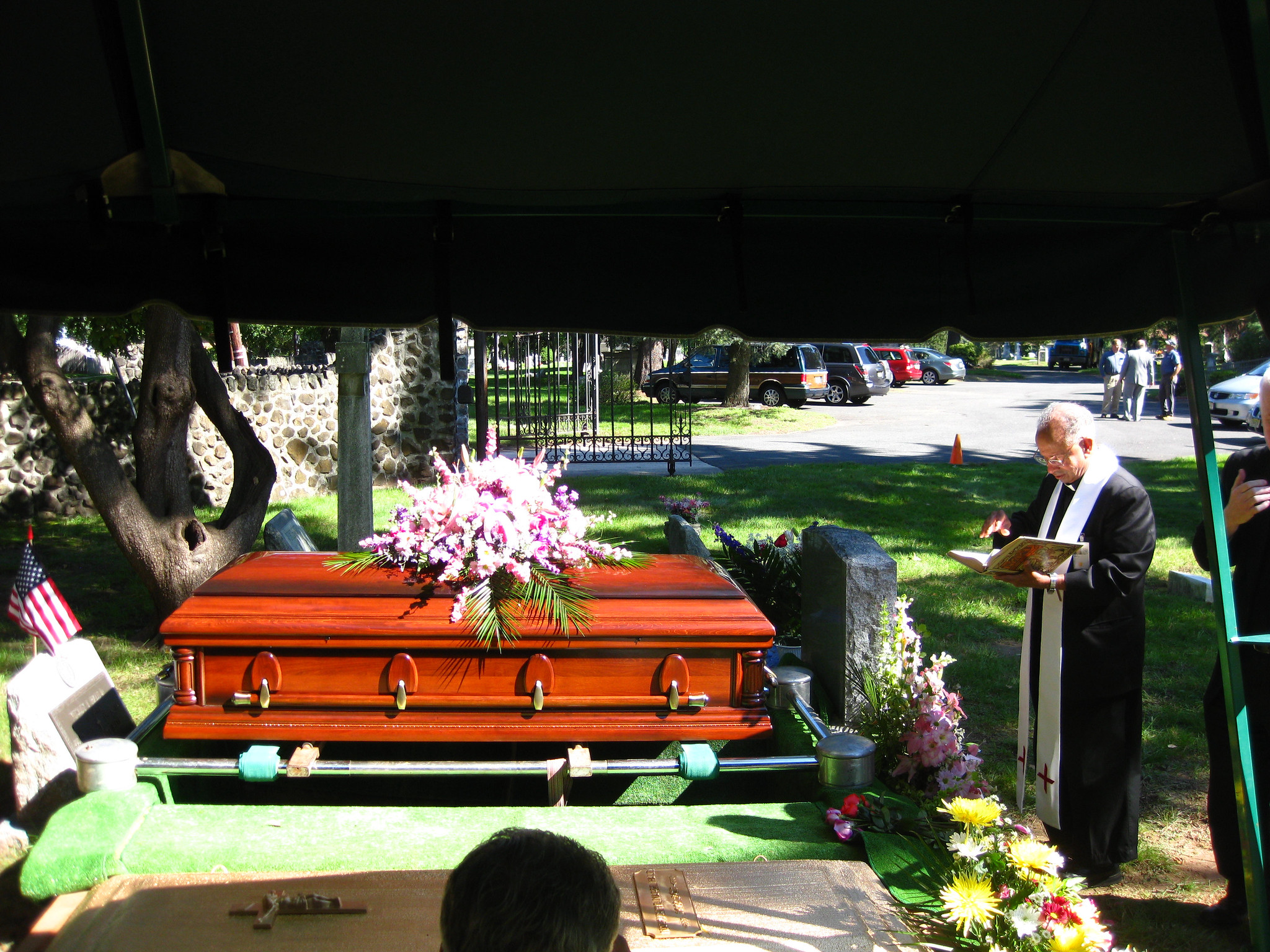Grieving for a Loved One Taken by Addiction

Death is an unfortunate part of life. Time is a fleeting resource: once it is gone, it is gone. Time cannot be earned, bought, or won. Therefore, time with loved ones needs to be cherished. Soak in those moments and enjoy them, because they could be gone tomorrow. Some addicts admit that they need help. They enter rehab, recover successfully, and go on to lead healthy and fulfilling lives. Other addicts aren’t as successful. Addiction, unfortunately, puts a strain on time, destroys and strains relationships, and overdoses of heroin, fentanyl, opioids or any other substance can cut the time short. Addiction is tough; realizing that the addiction has claimed the life of a loved one can be even tougher for those who are grieving.
The realization that a loved one will not be coming home is difficult, but it important to understand that it is not your fault. Addiction is a disease and a nasty one. Loved ones can and often do offer a variety of support and ultimatums to the addicted person, but ultimately the addict must choose life and seek sobriety. Often the addiction wins if they do not make this choice, and grieving loved ones are left to cope with the fallout. For those who have lost a loved one to addiction, there will be a gamut of emotions as you enter into a difficult time of life. Know there is light at the end of this dark tunnel and that there are people who can support you.
Stages of Grief
Mental health professionals often break down the grieving process into five stages: denial, anger, bargaining, depression, and acceptance. While acceptance is the goal, it can often take years to work through all of the other stages, and some may not make it all the way through. Grieving is a process that is unique to each individual. Some individuals can be in multiple stages at the same time, others will not follow this process chronologically, and others will work through it much faster. It is also important to note that this is just one theory on grief. Some people may find themselves on a different path altogether. However, the grief is processed, it is important to have self-compassion and self-care during this time.
Denial
It is normal to try to rationalize difficult emotions. It is the brain's way to try to cope with the shock and stress of this difficult time. For those who were close to the addict, death can be especially difficult, even if the relationship was tumultuous. Accepting the reality that a loved one has departed is challenging. Unlike car accidents, airline accidents, or other tragic circumstance that create a lens of normalcy in mourning, alcohol or drug overdoses are often viewed as a senseless death. An overdose may often be a senseless death, but that does not make the grieving process any easier.
Anger
This is the why me, why us, why now phase of grief. A substance abuse disorder can be an intense disease. There may have been numerous trips to emergency rooms, ambulance trips, and other health professionals involved in trying to get an addict healthy again. This investment coupled with extreme emotions has the potential to lead to intense anger. Anger may be directed at a sibling, close friend, relative, or other family member, but just know that they are not responsible for the behaviours and choices of the addict either. Anger can lead to outbursts which can ignite anger all over again, and this can extend the cycle of grieving. Just as you would with someone with a substance use disorder who is trying to get clean, it is important be aware of the triggers. Consider what ignites the anger and process those emotions rather than allowing them to spark anger all over again.
Bargaining
In this stage, some may appeal to God or another Higher Power as a way to escape the pain. ‘Make it all go away, or disappear, and I promise I will…’ Some may find themselves questioning themselves or others. ‘If only I had been a better husband/wife/father/mother/brother/friend’ or ‘If only I had done more to give them a better childhood/marriage.’ Many family members go above and beyond to help their addicted loved ones if they walked the substance abuse journey with them. Although substance abuse is a disorder, those with a dependency must choose life and health in the same way they choose drugs or alcohol. If you lay the blame on yourself for the actions of your departed loved one, you could be leaving yourself susceptible to addiction and potentially the same fate. You need to understand that your loved one made the choices they did, and it is not your fault.
Depression
Sadness, hopelessness and despair are hallmark emotions of grieving, especially so when time is cut short due to an overdose. This stage can perhaps be the most difficult. Those who grieve may begin to let go of blame and start to grapple with the reality of the situation and what it means. This is where compassion and self-care are so important. As the hope of a different outcome is released, it could leave individuals at a crossroads. They can choose to surrender to the situation, face their emotions head-on and learn to live again in a new reality. Alternatively, they can find themselves escaping the situation through drugs or alcohol and leave themselves ripe for an addiction problem of their own. These emotions have the potential to be the most healing or the most damaging. Having compassion and love for oneself will ensure that cooler heads will prevail, and they will not succumb to the same fate.
Acceptance
Acceptance is the ultimate goal of grief. It can take years to come to this place, and some may not make it all the way. Drugs and alcohol can be so blinding and so damaging that some people may not be able to work through their anger or denial. Acceptance does not mean that the situation somehow becomes ok or that individuals are happy about the circumstances. It means that inner peace and contentment have been found, and that the hard work of processing emotions has paid off.
For those who make it to this stage, they now have a journey to share, a story to tell and they can come alongside those who have not quite made it to the same place. Many find solace in advocating for the addicted and their families. It can give their life meaning and the feeling that the death of their loved one is no longer in vain.
Grief Support
Like those who struggle with substance abuse, people who are grieving should reach out, get help and support, and avoid going through this process alone. Grief support groups like ‘Grief Support After a Substance Passing’ can help. These groups are made up of individuals who are on a similar journey. In these groups, people share their success, struggles, sadness, joy and any other emotions or feelings that they are currently working through. There is comfort in being around people who understand and who are struggling with similar issues. If there is not a group in your area, or if the thought of opening up in a room full of strangers overwhelms you, there are lots of groups online. Going online can be a great resource, as people can find the right group that is there for them at the right time.
Do what needs to be done to develop a support system. This could consist of friends, siblings, grandchildren (or grandparents) or other family members. They could be part of a club, a class, a Facebook group, or a sporting team. Whatever the case may be, these people can come alongside grievers and offer compassion, love, and support. In any case, grievers should work hard to dig themselves out of the despair of this difficult time. Run, paint, dance, sing, write, cook, read, look at old photos, burn old photos, play with pets, dig in the garden - each person’s journey will be different, and each person needs to find that outlet that allows them to deal with their emotions and work through the pain.
As individuals come to terms with their grief and the pain that comes with an overdose (whether it is an intentional overdose or accidental overdose) they now have a story to share as mentioned earlier. Educating others can often help the grieving process, and seeing others overcome barriers of their own can often speed the healing process. Those who have been through this process can be the voice for those who are no longer around.
Final Thoughts
Addiction is a disease. There is no shame in it, and it is not your fault. Working through grief takes time - sometimes it takes years to come to terms with the pain, sadness, grief, and loss. If you find yourself in this dark place, have some compassion for yourself, and take care of yourself. Allow yourself to feel emotions, since burying them could lead you to a dark place. Do not go through this process alone. Reach out for help and support. Just like the addict, you are not alone. There are many others in the same place as you, and there are others who have come through the other side. These people can offer comfort and encouragement, where those who do not understand may not. Finally, when you do come to accept this unfortunate reality, be a teacher, a guide, an advocate. Speak for those who no longer have a voice.
Sources used for the article
- https://www.addictioncampuses.com/blog/stages-of-grief-when-a-loved-one-is-addicted/
- https://elunanetwork.org/resources/grief-recovery-addiction-loss/
- https://www.promisesbehavioralhealth.com/addiction-recovery-blog/grief-and-substance-abuse-coping-after-a-loss/
- Photo credit: Paulo O. This picture has a Creative Commons attribution license.




